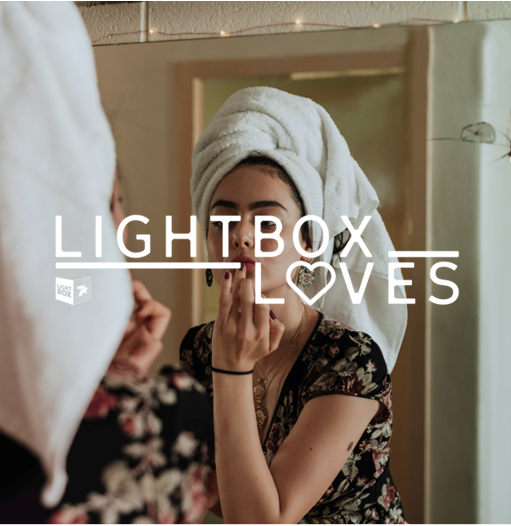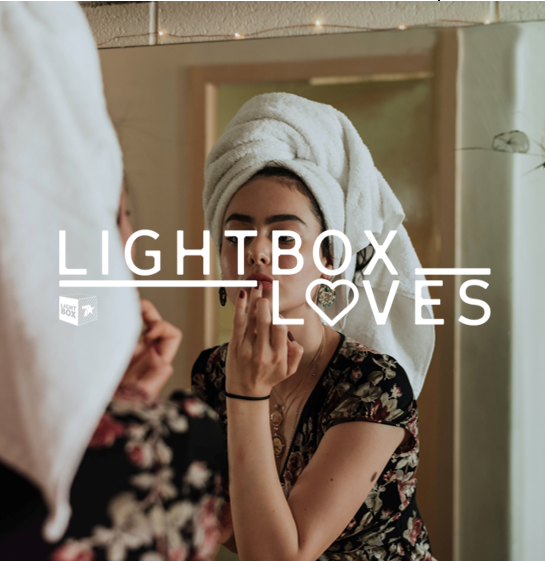
Many of you will know that the7stars lives and breathes six values: Clients Come First, Exceed Expectations, Think Smart Act Fast, Be an Entrepreneur, People Above Process and Do The Right Thing. They are principles that guide us on how to treat ourselves, our colleagues, clients and partners every day.
Throughout the year, our Values Team organises ‘Values Weeks’ – a week that shines a light on each of our values. Having just returned from an incredible couple of days of training and team bonding on Osea Island (that truly did Exceed Expectations), we thought there was no better way to continue the momentum by celebrating that very value the following week.
What a week its been at the7stars! 🌟
We tookover Osea Island for this years Staracademy Festival and had a great time with the @uppingyourelvis guys unlocking our creative minds together. #Weekofthestars pic.twitter.com/yru6bR0qXu
— the7stars (@the7stars) September 16, 2022
We kicked off the week with a special company get-together, where we outlined our plans for the week and reminded everyone what Exceed Expectations really means. Throughout the following days, we were encouraged to call out any team members who had lived and breathed this value, for which they were awarded a delicious packet of Magic Stars. We all felt the love with over 20 people being recognised for their amazing work.
We were also lucky enough to have two guest talks that week. First up we welcomed the CEO of CALM, Simon Gunning, into our offices. In a talk hosted by our very own Liam Mullins, we learned how their helpline Exceeded Expectations every day and saved lives. We also discovered how their creative ideas Exceeded Expectations, most recently, their powerful ‘The Last Photo’ campaign, which was met with high acclaim. You certainly don’t need big budgets to Exceed Expectations. Instead, you need brilliant teamwork, diversity of thinking, freedom to push boundaries and passion for what you do.
The following day, we were incredibly excited to host the amazing broadcaster and author, Marvyn Harrison – the Founder of Dope Black Dads. He gave an inspiring and powerful talk on how, for him, Exceeding Expectations involves breaking down racist stereotypes about what being a black dad means and creating a community of black dads who can come together and share their experiences – both good and bad.

We were incredibly excited to host the amazing broadcaster and author, Marvyn Harrison – the Founder of Dope Black Dads – discussing Exceeding Expectations
Exceed Expectations week provided us with a great opportunity to celebrate team members and brilliant people who are striving for positive change. It has reminded us to constantly challenge each other, never be complacent and continue to be brave by pushing the boundaries on the products, services and partnerships we create.
Stay tuned for Think Smart Act Fast week in November!










Recent Comments